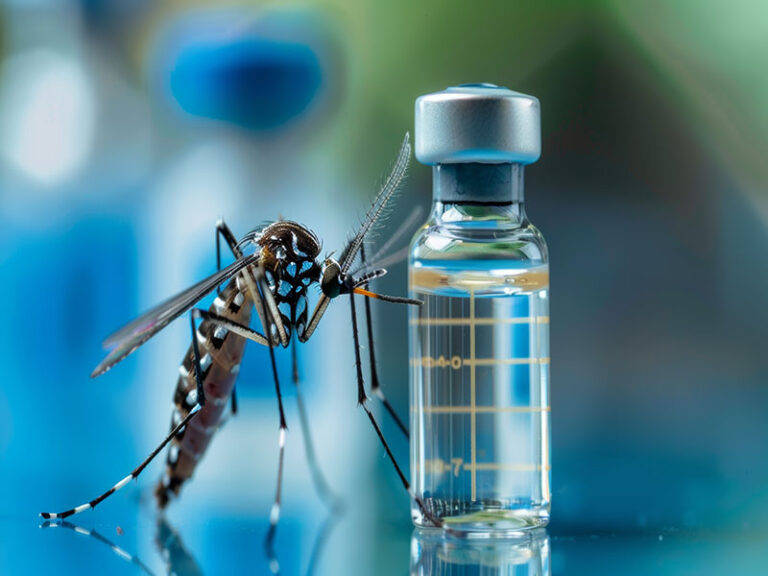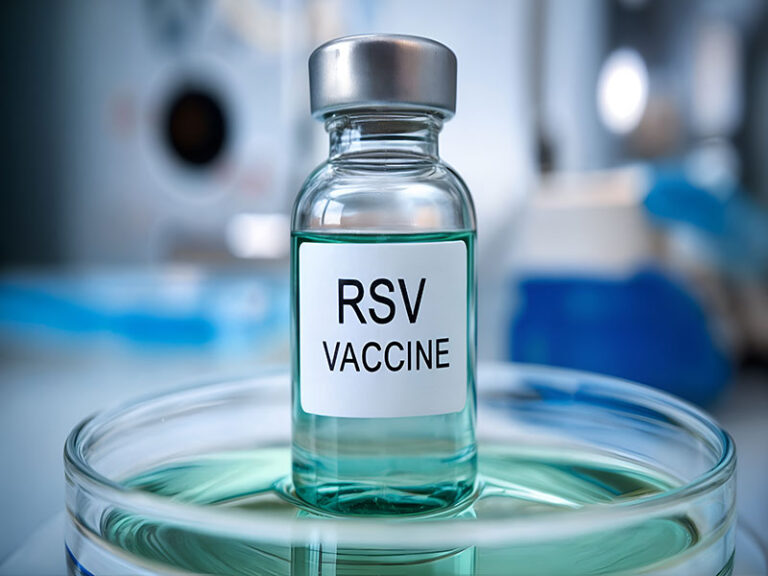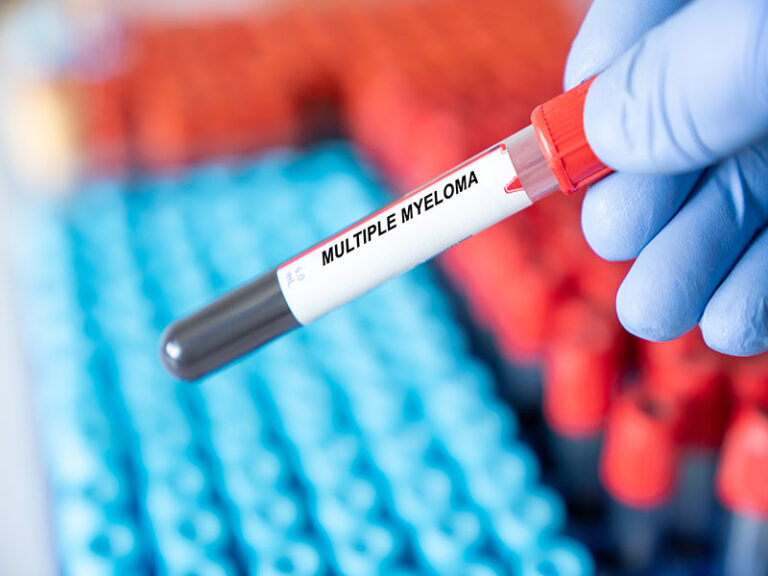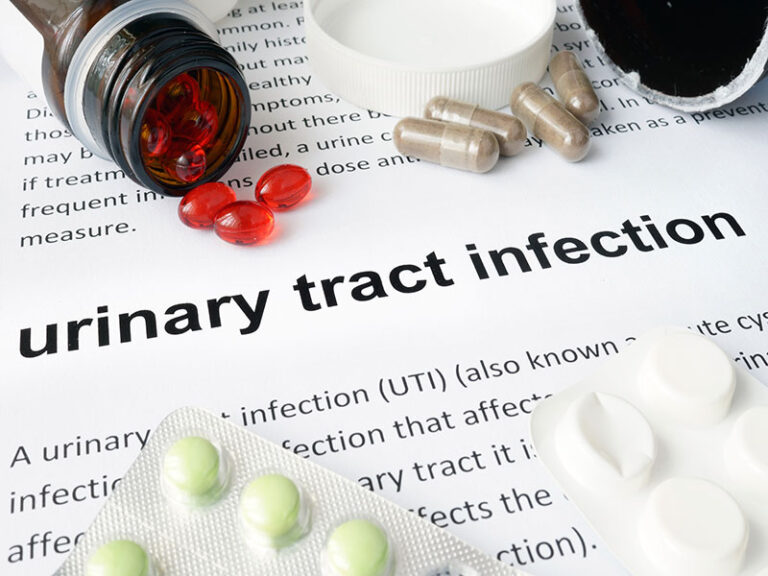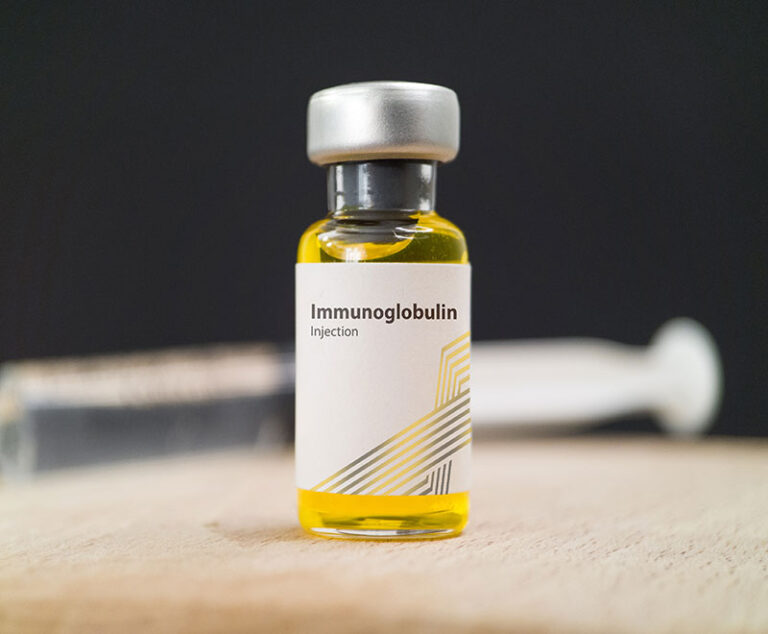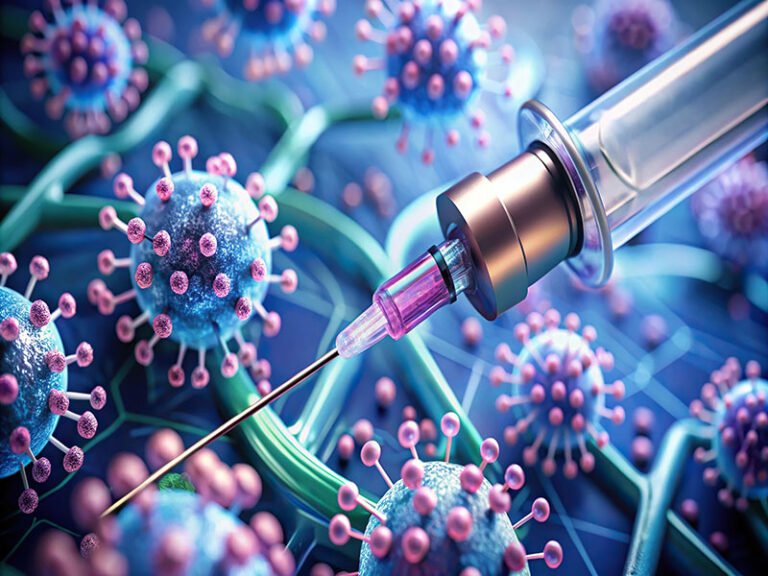Industry News
Research, Science & Manufacturer Updates
The U.S. Food and Drug Administration (FDA) has approved VIMKUNYA (chikungunya vaccine, recombinant) for injection, the first virus-like particle (VLP) single-dose chikungunya vaccine in the U.S. for persons 12 years of age and older.
GSK’s Penmenvy (meningococcal groups A, B, C, W and Y vaccine) has been approved by the U.S. Food and Drug Administration for use in individuals aged 10 through 25 years.
The Centers for Medicare and Medicaid Services (CMS) has announced the selection of 15 additional drugs covered under Medicare Part D for price negotiations.
The U.S. Food and Drug Administration has approved Vertex Pharmaceutical’s Journavx (suzetrigine), a new type of prescription pain medication for adults to treat moderate to severe acute pain.
The National Institutes of Health has awarded a $3.4 million grant to help establish a new Autoimmunity Center of Excellence at the University of California, Los Angeles.
Findings of a Phase III randomized controlled trial showed Pfizer’s RSV Prefusion F (RSVpreF) vaccine triggered strong immune responses among people aged 60 years and older during its first two seasons.
The U.S. Department of Health andHuman Services will provide approximately $590 million to Moderna to accelerate the development of mRNAbased pandemic influenza vaccines and enhance mRNA platform capabilities
Celltrion’s Avtozma (tocilizumabanoh), a biosimilar to Actemra (tocilizumab), in both intravenous (IV)and subcutaneous (SC) formulations, has been approved by the U.S. Food and Drug Administration.
Results of a recent study show patients with multiple myeloma undergoing teclistamab therapy may benefit from primary intravenous immune globulin supplementation, which appears to reduce the risk of high-grade infection.
The U.S. Food and Drug Administration (FDA) has approved a new type of antibiotic to treat urinary tract infections (UTIs).
Specific lots of intravenous immune globulin (IVIG) and subcutaneous IG (SCIG) have been voluntarily withdrawn by the manufacturers due to a higher rate of allergic/hypersensitivity type reactions, some of which were considered medically significant.
A new study published in the journal Nature found that a personalized vaccine, named autogene cevumeran, is showing promising results for treating pancreatic cancer, one of the deadliest malignancies.
